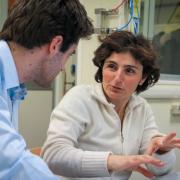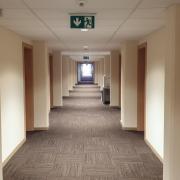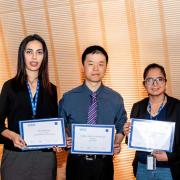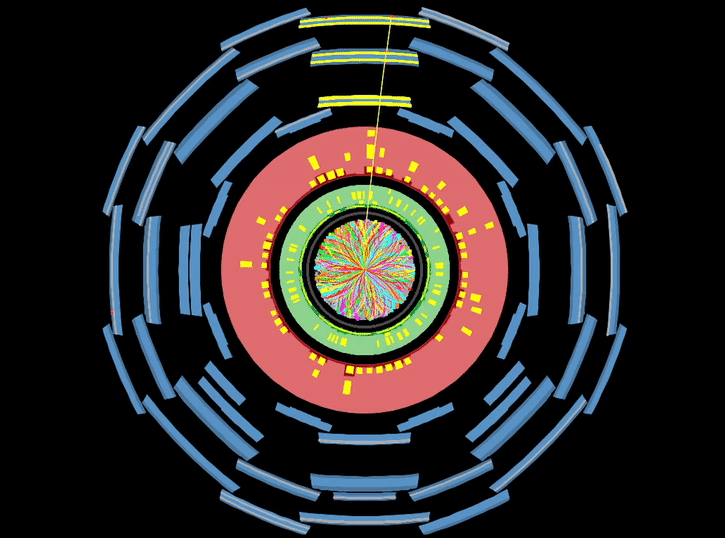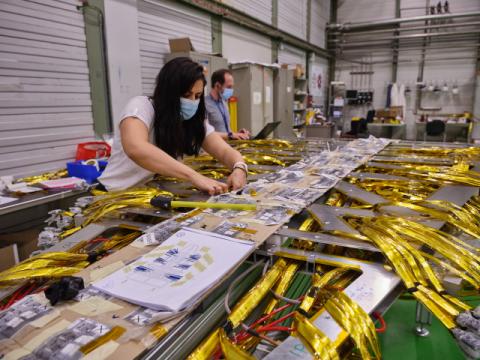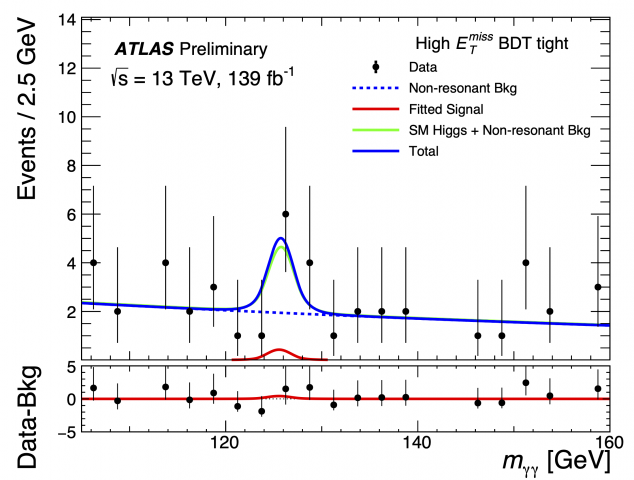Access to Collaboration Site and Physics Results

On 11 October 2018, during its semestrial collaboration meeting at CERN, ATLAS celebrated outstanding achievements of its collaboration members with an awards ceremony. Established in 2014, the Outstanding Achievement Awards give recognition to excellent contributions made to the collaboration in all areas, excluding physics analysis.
“Within the ATLAS Collaboration, huge efforts go into making the detector function seamlessly,” says Jim Pilcher, Awards Committee Chair. “We sought to award the people who have made dramatic improvements to the operation and understanding of our detector, thus improving the quality of our measurements.”
"ATLAS is what it is because of the dedicated and creative people involved in making it work," says Jim Pilcher, Awards Committee Chair.
The Collaboration Board Chair Advisory Group, which selected the winners, received 67 nominations from across the collaboration, in detector as well as activity areas including software, data preparation, performance and upgrade. For the first time, PhD students who played an important role on a team were also included in the Awards. “Many of these students had engaged in long, successful technical work, sometimes starting from their qualification task,” says Max Klein, Collaboration Board Chair.
The advisory group set their sights on work that was vital to the success of the collaboration: “The selection was a difficult process, as we received many excellent nominations,” explains Klein. “With the support of a panel of experts in each nominated area, we were able to narrow the choice down to those members whose contributions went above and beyond.”
“ATLAS is what it is because of the dedicated and creative people involved in making it work,” concludes Pilcher. “These awards are intended to acknowledge a small part of the many efforts.”
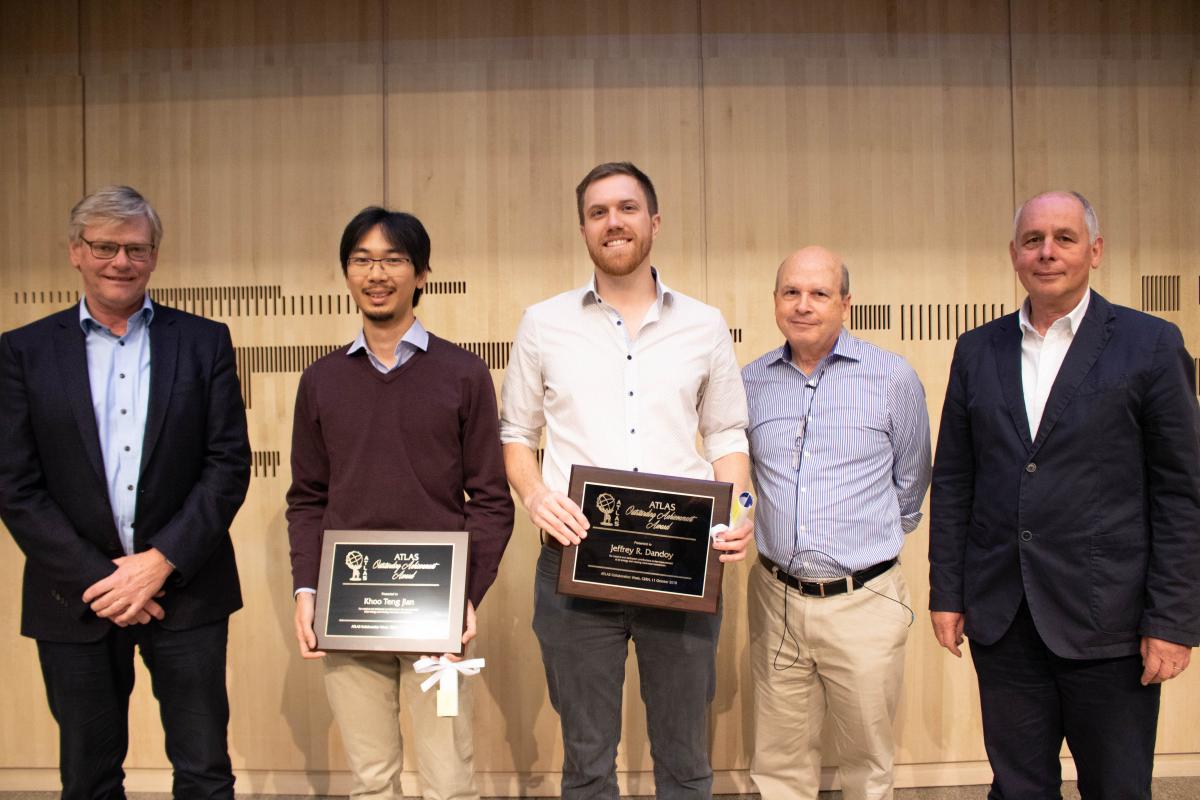
Khoo Teng Jian (University of Geneva) and Jeffrey R. Dandoy (University of Pennsylvania) were celebrated for their creative and dedicated contributions to the measurement of jet energy and missing transverse momentum.

For their remarkable contributions to the ITK upgrade project through simulation, reconstruction and performance studies, ATLAS awarded Noemi Calace (CERN) and Nora Emilia Pettersson (University of Massachusetts).

Takuto Kunigo (Kyoto University, not pictured), Tomoyuki Saito (ICEPP, University of Tokyo), and Shota Suzuki (KEK, not pictured) were celebrated for their outstanding contributions in the development, deployment and commissioning of the trigger burst-stopper for the ATLAS Level-1 endcap muon system.
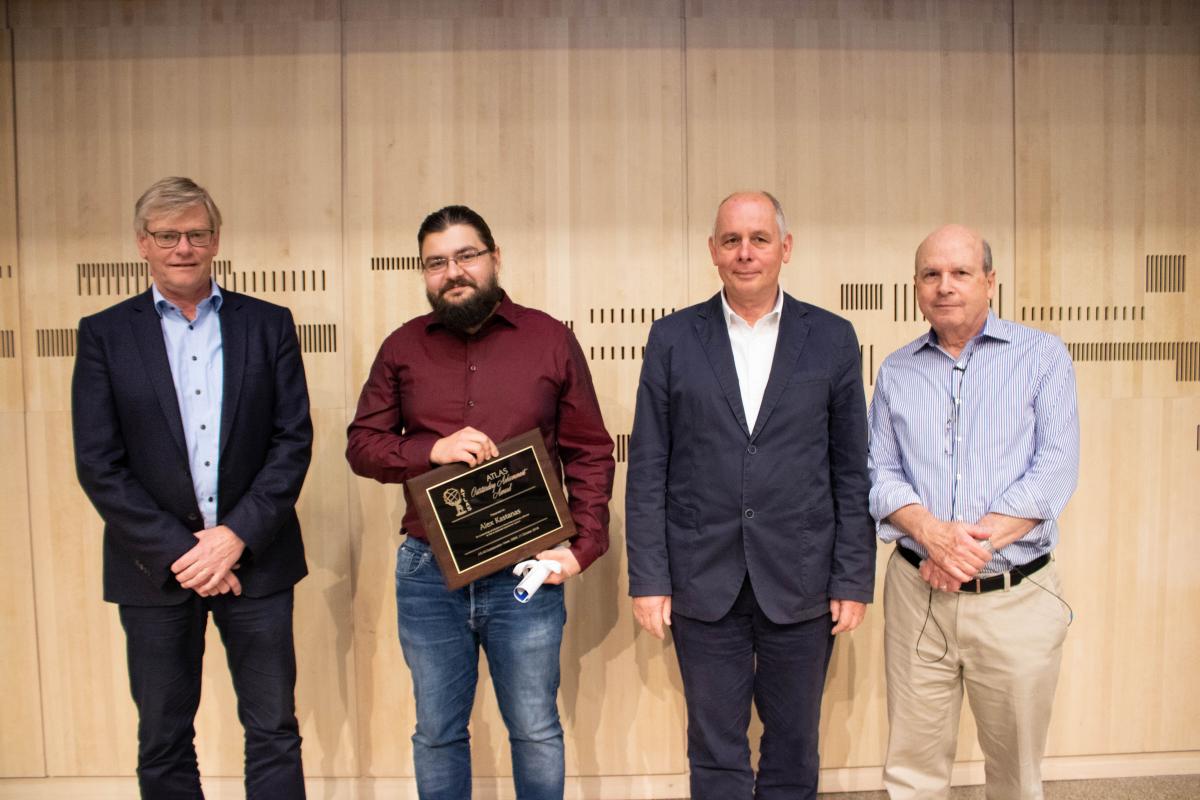
For his excellent contribution to the on-line luminosity software as well as dedicated operational support, ATLAS awarded Alex Kastanas (Stockholm University).

Rosa Simoniello (University of Mainz), Eduard Simioni (University of Mainz), Olga Igonkina (Nikhef), Murrough Landon (Queen Mary University of London, not pictured) and Imma Riu (Barcelona Institute of Science and Technology) received awards for their exceptional contributions and dedication in successfully commissioning the Level-1 Topo trigger.




